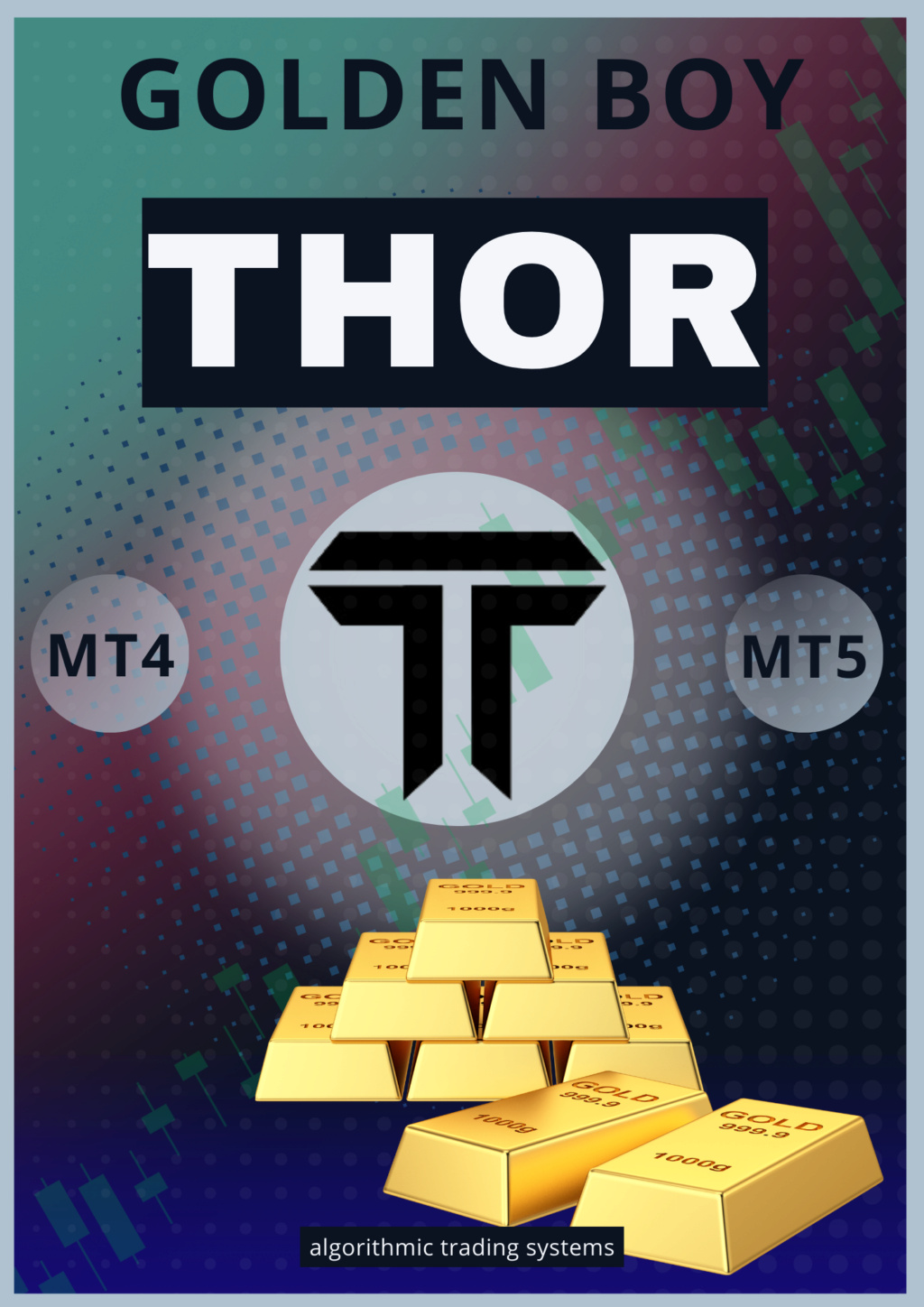CryptoNews of the Week
– Bitcoin recorded its first green September since 2016, increasing from $26,012 to $26,992. According to TradingView data, the cryptocurrency market's market capitalization also experienced an uptick. It stood at approximately $1.029 trillion at the beginning of September and rose by 6.1% to $1.092 trillion by month-end.
Ran Neuner, a trader and the founder of Crypto Banter, emphasizes the significance of the positive September closing for the leading cryptocurrency. "The last time bitcoin saw a rise in September in a year preceding a halving, we had another rally of 70% in the final quarter. That was in 2015," he notes.
Analysts at Bitfinex share a similar sentiment. "The cryptocurrency market closed September in the green, which is rare but typically leads to a bullish trend in October," they write.
According to a report by Bitfinex Alpha, futures market indicators also confirm an optimistic outlook for October. The report includes network data, which shows that the current price is supported by dynamics between long-term and short-term holders. Indicators reveal that seasoned long-term investors are resolved to remain holders within the current price range. Bitcoins held for 6-12 months remain largely stagnant, and the supply of BTC that is more than three years old has been inactive since February 2023.
– According to data from network analytics firm Santiment, "whales" (wallets holding between 10 and 10,000 BTC) have been quietly accumulating bitcoin and Tether (USDT) over the past six weeks. Their holdings have now reached a 2023 peak of 13.03 million BTC, indicating a bullish long-term outlook for bitcoin.
– The rise in bitcoin during the early days of October has somewhat offset the negative close of Q3, which saw a 12% decline. However, analysts at QCP Capital have warned that the possibility of retesting the $25,000 level should not be ruled out, despite the positive seasonality often referred to as "Uptober." According to statistics, over the past eight years, bitcoin has only finished October in the red in 2018. In other years, the monthly gain ranged from 5.5% to 48.5%. This time, experts anticipate that the resistance level will be between $29,000 and $30,000.
– On Monday, October 2, bitcoin reached a local peak of around $28,562. However, by the evening of the same day, traders began to take profits, and the coin fell below $27,500. Bloomberg strategist Mike McGlone believes that such a pullback in bitcoin was inevitable. Pressure tends to build when the digital currency gains aggressively in value. Increased volatility is accompanied by heightened activity from sellers looking to profit from the asset's rise.
McGlone doubts that bitcoin will reach $30,000 in the near future. The primary factor hindering further BTC growth is the strict policy of U.S. authorities. Repressive actions by the Securities and Exchange Commission (SEC) are deterring institutional investors from entering the cryptocurrency space. Global recession risks are also dampening risk appetite. In such a scenario, equity markets won't be able to grow, emphasized the Bloomberg strategist, adding that digital currencies will also suffer.
– Donald Trump is considered a staunch opponent of bitcoin. However, former SEC employee John Reed Stark believes that Trump may change his stance on cryptocurrencies during the 2024 presidential elections to garner support from voters who use digital assets. This speculation is supported by two facts. First, last year Trump released and sold a collection of NFT Trump Digital Trading Cards. Second, he still owns $2.8 million worth of Ethereum. Stark suggests that if Trump returns to the presidential office, he will prompt the SEC to approve the issuance of bitcoin ETFs and will also ease regulatory pressure on the crypto industry.
– The SEC has asked the U.S. District Court in New York not to dismiss its lawsuit against Coinbase. In its statement dated October 3, the Commission responded to Coinbase's claims, reiterating its position that certain cryptocurrencies traded on the platform qualify as investment contracts and, therefore, must be registered with the SEC. The regulator noted that Coinbase "has always known" that the cryptocurrencies it offers are securities and claimed that the exchange has already acknowledged this in its documentation.
– Additionally, on October 3, the court rejected the SEC's motion for an interlocutory appeal in its case against Ripple. The agency wanted to appeal the court's decision that the sale of XRP on crypto exchanges does not constitute an investment contract. However, this plan by the officials fell through. Against this backdrop, XRP appreciated by 5% within 24 hours.
– In July, the U.S. Securities and Exchange Commission (SEC) filed a lawsuit against the crypto lending platform Celsius. The crux of the accusation is that Celsius attracted billions of dollars through the illegal and unregistered sale of "cryptocurrencies recognized as securities," repeatedly misled investors about its financial condition, and manipulated the price of its own token (CEL). The SEC has also levelled fraud charges against Celsius founder Alex Mashinsky, with a court hearing set for September 17, 2024. The platform plans to partially repay its debt to creditors this year, transferring to them bitcoin, Ethereum, and shares in a new organization, NewCo, totalling $2.03 billion.
– Trader under the alias Bluntz is confident that bitcoin has "officially" entered a bull market and that all predictions of a drop to the $24,000 level are unfounded. In his opinion, the coin's rise above $27,000 confirms that BTC is currently in a bull market. "I think it's time to let go of any bearish bias," wrote Bluntz.
– Last week, we reported that the Artificial Intelligence from CoinCodex predicted the flagship crypto asset's price to be around $29,703 by Halloween (October 31st). This time, another AI, the machine learning algorithm of the forecasting platform PricePredictions, gave a similar result. According to its analysis, the BTC price on October 31st will hover around the psychologically important mark of $30,403. The forecast was made using several key technical indicators, including the Moving Average Convergence Divergence (MACD), the Relative Strength Index (RSI), Bollinger Bands (BB), and others.
– In his forecast, trader, analyst, and founder of venture company Eight, Michael Van De Poppe, is optimistic about not only October but also Q4 of 2023. He attributes his positive outlook to the potential approval of spot bitcoin Exchange-Traded Funds (ETFs) and the halving effect. The expert anticipates that the growth in the last quarter could elevate the price to around $40,000.
It's worth noting that the historical performance of BTC in this period has been quite mixed. For instance, in 2018, the digital asset's value declined by nearly half over three months, but a year earlier it had surged 142.2%.
– The analyst known as dave the wave believes that Ethereum will continue to depreciate against bitcoin at least until the end of 2023. The expert published a chart depicting the price dynamics of ETH relative to BTC, which shows a descending triangle indicating a fall in the altcoin's price.
Dave the wave drew an analogy to the trend observed from 2017 to 2018, suggesting that Ethereum will significantly devalue against bitcoin due to a strong BTC market rally. The chance for ETH to appreciate could come during the "altcoin season," which would begin after BTC reaches its peak value.
The analyst also made a long-term forecast on the price changes of bitcoin using logarithmic growth curves. According to this forecast, over the next 10 years, the cryptocurrency will outperform stocks in terms of investment returns and will become a primary means of wealth accumulation due to a significant increase in value.
– Bestselling author of "Rich Dad Poor Dad" and entrepreneur Robert Kiyosaki urged people to invest in the first cryptocurrency before the launch of the Central Bank Digital Currency (CBDC). "The Fed's CBDC is coming," he wrote. "Privacy is gone. Big Brother will be watching. When the CBDC hits the market, gold, silver, bitcoin, and cash will become invaluable. Start accumulating them now before it's too late." It's worth noting that in February, Kiyosaki predicted that bitcoin would rise to $500,000 by 2025 and called it the best hedge in turbulent times, while also cautioning about the asset's volatility.
– The total value of cryptocurrencies stolen by hackers since the beginning of 2023 has exceeded $1.15 billion, according to calculations by PeckShield. Nearly a third of all losses occurred in September, with damages from 22 crypto project hacks during that month amounting to almost $356 million. In contrast, only $17 million was stolen in the previous month, suggesting that even hackers take a vacation in August.
Notice: These materials should not be deemed a recommendation for investment or guidance for working on financial markets: they are for informative purposes only. Trading on financial markets is risky and can lead to a loss of money deposited.
[You must be registered and logged in to see this link.]
[You must be registered and logged in to see this image.]
– Bitcoin recorded its first green September since 2016, increasing from $26,012 to $26,992. According to TradingView data, the cryptocurrency market's market capitalization also experienced an uptick. It stood at approximately $1.029 trillion at the beginning of September and rose by 6.1% to $1.092 trillion by month-end.
Ran Neuner, a trader and the founder of Crypto Banter, emphasizes the significance of the positive September closing for the leading cryptocurrency. "The last time bitcoin saw a rise in September in a year preceding a halving, we had another rally of 70% in the final quarter. That was in 2015," he notes.
Analysts at Bitfinex share a similar sentiment. "The cryptocurrency market closed September in the green, which is rare but typically leads to a bullish trend in October," they write.
According to a report by Bitfinex Alpha, futures market indicators also confirm an optimistic outlook for October. The report includes network data, which shows that the current price is supported by dynamics between long-term and short-term holders. Indicators reveal that seasoned long-term investors are resolved to remain holders within the current price range. Bitcoins held for 6-12 months remain largely stagnant, and the supply of BTC that is more than three years old has been inactive since February 2023.
– According to data from network analytics firm Santiment, "whales" (wallets holding between 10 and 10,000 BTC) have been quietly accumulating bitcoin and Tether (USDT) over the past six weeks. Their holdings have now reached a 2023 peak of 13.03 million BTC, indicating a bullish long-term outlook for bitcoin.
– The rise in bitcoin during the early days of October has somewhat offset the negative close of Q3, which saw a 12% decline. However, analysts at QCP Capital have warned that the possibility of retesting the $25,000 level should not be ruled out, despite the positive seasonality often referred to as "Uptober." According to statistics, over the past eight years, bitcoin has only finished October in the red in 2018. In other years, the monthly gain ranged from 5.5% to 48.5%. This time, experts anticipate that the resistance level will be between $29,000 and $30,000.
– On Monday, October 2, bitcoin reached a local peak of around $28,562. However, by the evening of the same day, traders began to take profits, and the coin fell below $27,500. Bloomberg strategist Mike McGlone believes that such a pullback in bitcoin was inevitable. Pressure tends to build when the digital currency gains aggressively in value. Increased volatility is accompanied by heightened activity from sellers looking to profit from the asset's rise.
McGlone doubts that bitcoin will reach $30,000 in the near future. The primary factor hindering further BTC growth is the strict policy of U.S. authorities. Repressive actions by the Securities and Exchange Commission (SEC) are deterring institutional investors from entering the cryptocurrency space. Global recession risks are also dampening risk appetite. In such a scenario, equity markets won't be able to grow, emphasized the Bloomberg strategist, adding that digital currencies will also suffer.
– Donald Trump is considered a staunch opponent of bitcoin. However, former SEC employee John Reed Stark believes that Trump may change his stance on cryptocurrencies during the 2024 presidential elections to garner support from voters who use digital assets. This speculation is supported by two facts. First, last year Trump released and sold a collection of NFT Trump Digital Trading Cards. Second, he still owns $2.8 million worth of Ethereum. Stark suggests that if Trump returns to the presidential office, he will prompt the SEC to approve the issuance of bitcoin ETFs and will also ease regulatory pressure on the crypto industry.
– The SEC has asked the U.S. District Court in New York not to dismiss its lawsuit against Coinbase. In its statement dated October 3, the Commission responded to Coinbase's claims, reiterating its position that certain cryptocurrencies traded on the platform qualify as investment contracts and, therefore, must be registered with the SEC. The regulator noted that Coinbase "has always known" that the cryptocurrencies it offers are securities and claimed that the exchange has already acknowledged this in its documentation.
– Additionally, on October 3, the court rejected the SEC's motion for an interlocutory appeal in its case against Ripple. The agency wanted to appeal the court's decision that the sale of XRP on crypto exchanges does not constitute an investment contract. However, this plan by the officials fell through. Against this backdrop, XRP appreciated by 5% within 24 hours.
– In July, the U.S. Securities and Exchange Commission (SEC) filed a lawsuit against the crypto lending platform Celsius. The crux of the accusation is that Celsius attracted billions of dollars through the illegal and unregistered sale of "cryptocurrencies recognized as securities," repeatedly misled investors about its financial condition, and manipulated the price of its own token (CEL). The SEC has also levelled fraud charges against Celsius founder Alex Mashinsky, with a court hearing set for September 17, 2024. The platform plans to partially repay its debt to creditors this year, transferring to them bitcoin, Ethereum, and shares in a new organization, NewCo, totalling $2.03 billion.
– Trader under the alias Bluntz is confident that bitcoin has "officially" entered a bull market and that all predictions of a drop to the $24,000 level are unfounded. In his opinion, the coin's rise above $27,000 confirms that BTC is currently in a bull market. "I think it's time to let go of any bearish bias," wrote Bluntz.
– Last week, we reported that the Artificial Intelligence from CoinCodex predicted the flagship crypto asset's price to be around $29,703 by Halloween (October 31st). This time, another AI, the machine learning algorithm of the forecasting platform PricePredictions, gave a similar result. According to its analysis, the BTC price on October 31st will hover around the psychologically important mark of $30,403. The forecast was made using several key technical indicators, including the Moving Average Convergence Divergence (MACD), the Relative Strength Index (RSI), Bollinger Bands (BB), and others.
– In his forecast, trader, analyst, and founder of venture company Eight, Michael Van De Poppe, is optimistic about not only October but also Q4 of 2023. He attributes his positive outlook to the potential approval of spot bitcoin Exchange-Traded Funds (ETFs) and the halving effect. The expert anticipates that the growth in the last quarter could elevate the price to around $40,000.
It's worth noting that the historical performance of BTC in this period has been quite mixed. For instance, in 2018, the digital asset's value declined by nearly half over three months, but a year earlier it had surged 142.2%.
– The analyst known as dave the wave believes that Ethereum will continue to depreciate against bitcoin at least until the end of 2023. The expert published a chart depicting the price dynamics of ETH relative to BTC, which shows a descending triangle indicating a fall in the altcoin's price.
Dave the wave drew an analogy to the trend observed from 2017 to 2018, suggesting that Ethereum will significantly devalue against bitcoin due to a strong BTC market rally. The chance for ETH to appreciate could come during the "altcoin season," which would begin after BTC reaches its peak value.
The analyst also made a long-term forecast on the price changes of bitcoin using logarithmic growth curves. According to this forecast, over the next 10 years, the cryptocurrency will outperform stocks in terms of investment returns and will become a primary means of wealth accumulation due to a significant increase in value.
– Bestselling author of "Rich Dad Poor Dad" and entrepreneur Robert Kiyosaki urged people to invest in the first cryptocurrency before the launch of the Central Bank Digital Currency (CBDC). "The Fed's CBDC is coming," he wrote. "Privacy is gone. Big Brother will be watching. When the CBDC hits the market, gold, silver, bitcoin, and cash will become invaluable. Start accumulating them now before it's too late." It's worth noting that in February, Kiyosaki predicted that bitcoin would rise to $500,000 by 2025 and called it the best hedge in turbulent times, while also cautioning about the asset's volatility.
– The total value of cryptocurrencies stolen by hackers since the beginning of 2023 has exceeded $1.15 billion, according to calculations by PeckShield. Nearly a third of all losses occurred in September, with damages from 22 crypto project hacks during that month amounting to almost $356 million. In contrast, only $17 million was stolen in the previous month, suggesting that even hackers take a vacation in August.
Notice: These materials should not be deemed a recommendation for investment or guidance for working on financial markets: they are for informative purposes only. Trading on financial markets is risky and can lead to a loss of money deposited.
[You must be registered and logged in to see this link.]

 Events
Events Blog
Blog




